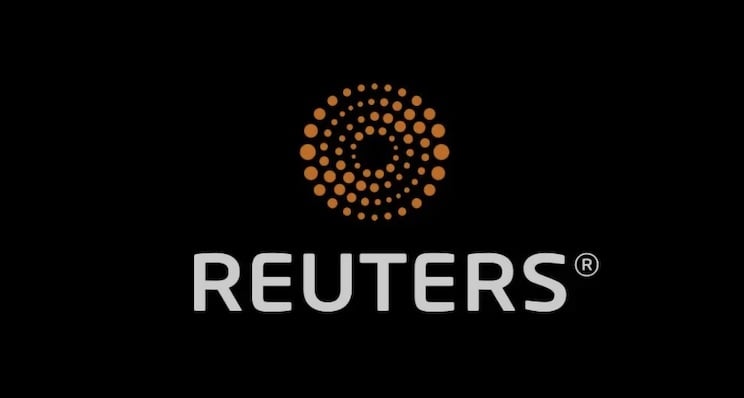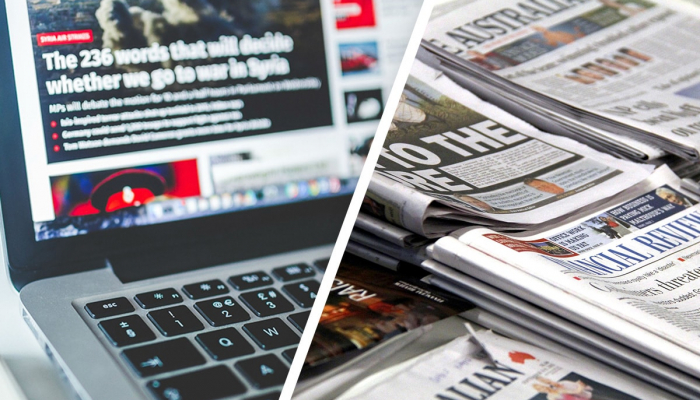(CLO) Reuters recently announced that it will deploy a paywall service, requiring readers to pay when reading content on the website and mobile application of this news giant.
In a message to registered online users earlier this month, Reuters president Paul Bascobert said that while some content will remain free to users, those who want unlimited access will have to pay $1 a week or an annual subscription of $52. He promised that this would bring “broader coverage, deeper investigations, more innovative output.”

Reuters news agency logo. Photo: GI
An earlier attempt by Reuters to introduce a paywall at a much higher cost of $34.99 a month was shelved shortly after it was announced in 2021. That was because Reuters' largest customer at the time, financial data provider LSEG, threatened legal action if Reuters implemented the strategy, arguing that it violated its news provision agreement.
LSEG provides about half of Reuters' revenue under a deal that guarantees the news agency at least $336 million a year until 2048. Bascobert's predecessor, Michael Friedenberg, lost his job in 2021 following a dispute with LSEG.
Reuters’ new pricing plan will be different from its 2021 plan, the sources said, in addition to the lower cost, but they could not provide details. Reuters said only that it would start rolling out the digital subscription in Canada in early October, before expanding to other countries in Europe, the United States and eventually the rest of the world.
In a message to current online subscribers, Bascobert said Reuters.com aims to be “fast, direct and uncensored.” He stressed the value of Reuters’ commitment to truth and impartial reporting in an era of misinformation and unreliable sources.
However, many have expressed concerns about the implementation of a paywall by Reuters, which has long been considered a familiar and free international news channel for many readers around the world. Reuters is currently the 30th largest news website in the world.
In fact, the price of $1/week, or $4/month, is not much for readers in developing countries, but it is a significant amount of money for readers in countries that still face many difficulties.
There is also the possibility that those who cannot afford to pay may flock to free equivalents such as the BBC, NPR or Al Jazeera, which could impact Reuters’ traffic and brand value.
The low price point, which is said to be aimed at mitigating viewership loss, also shows that Reuters has little faith in its subscription service, which has just one-sixth the subscriptions of Bloomberg.com, its biggest rival.
Still, many argue that Reuters’ introduction of a paywall is a necessary step for major news organizations as journalism as a whole becomes increasingly unable to rely solely on advertising revenue. Most major news organizations now charge subscription fees for their digital content.
CNN also recently announced that it will charge a monthly fee of $3.99, the same as Reuters. CNN and Reuters are two of the few major news agencies in the world that have not yet adopted a subscription model, something that their major competitors such as the Washington Post, FT and New York Times have long adopted with some success.
Hoang Hai (according to Reuters, CNN, The Barron)
Source: https://www.congluan.vn/viec-hang-tin-reuters-sap-thu-phi-co-y-nghia-gi-voi-bao-chi-post317774.html






































Comment (0)